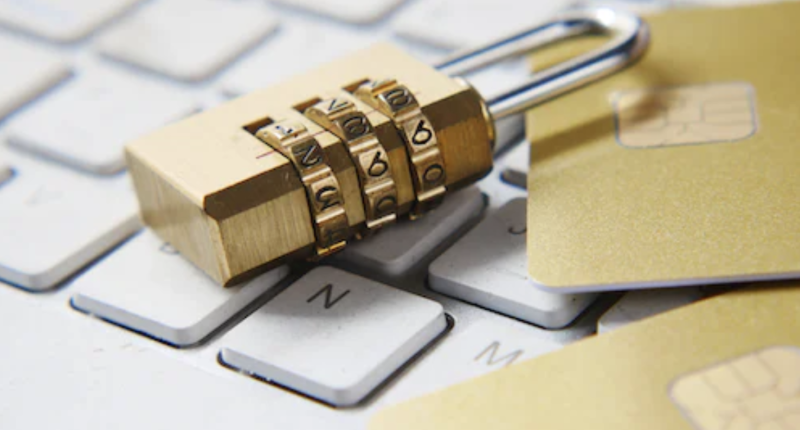In our fast-expanding digital era, security and privacy have never been more important. SSL encryption, which stands for Secure Socket Layer encryption, is a frankly indispensable technology which is specially designed to safeguard data transmission over the internet.
It’s so important, in fact, that it’s hard to remember what internet safety was like without it.
In short, SSL encryption creates a secure and, as the name suggests, encrypted connection between a user’s web browser and the server hosting the website or application they are using. Here, we’ll explore how it is used in a variety of sectors. But first, a little more on how SSL encryption works.
SSL encryption functions through a unique combination of public and private cryptographic keys. When someone using the internet accesses a website or a particular application secured with SSL, their browser requests the server’s digital certificate. It’s this digital certificate which contains its public key and is always issued by a trusted Certificate Authority (CA). It basically serves as a digital passport, verifying the server’s unique identity.
Once the certificate has been received, the browser and server perform a ‘handshake’ of sorts, where they agree on encryption protocols and generate a session key. The session key is then used to encrypt all data transmitted during the session. And now to the crux of it: this key will ensure that, even if intercepted, the information remains completely unreadable to unauthorized parties.
Financial institutions, including banks, heavily rely on SSL encryption to protect their customers’ sensitive data and financial details. From online banking to mobile apps used for making payments, SSL ensures that data, such as account numbers, passwords, and financial transactions, are kept secure during transmission, and, therefore, out of the hands of someone who could nefariously use a person’s private details – and money. By implementing SSL, financial institutions mitigate the risk of unauthorized access and fraudulent activities, fostering a safe and secure digital banking environment.
The online casino industry also relies heavily on SSL encryption to protect sensitive user data and financial transactions. With the rise of mobile gaming and casino apps, SSL ensures that players can enjoy their favorite games while maintaining confidence in the security of their personal information. By securing data such as login credentials, payment details, and game history, legit casino sites use SSL encryption to establish a trustworthy environment for users. This allows players to engage in real-money gambling and enjoy a seamless gaming experience, while keeping them protected from hackers or third parties (Source: https://www.sportstalkphilly.com/pa/casinos/apps).
The healthcare sector is yet another critical area where SSL encryption plays a pivotal role in safeguarding information and sensitive data. With the increasing adoption of electronic health records (EHRs) and telemedicine platforms to streamline most health services, the need to safeguard patient data becomes even more significant. SSL encryption protects this sensitive medical information as it is transferred between healthcare providers and medical facilities. Not only does this achieve the goal of compliance with some rather strict data privacy regulations, but it also goes a long way in strengthening patient trust.
Government agencies and public service providers store almost unthinkable amounts of sensitive data. This can range from anything like citizen information to national security details, not to mention data we will most likely never know about. SSL encryption helps safeguard these extremely sensitive reams of information during transmission and while accessing government websites or online services.
As technology continues to evolve, it’s pretty likely that SSL encryption will remain an important cornerstone when it comes to data protection. This protection, in an online world ever fraught with dangers, has the ability to empower individuals and businesses to navigate the digital world with confidence. Through its implementation across diverse sectors, SSL continues to be an indispensable tool in the ongoing battle against cyber threats and unauthorized access, safeguarding the integrity of the internet and protecting user data.





